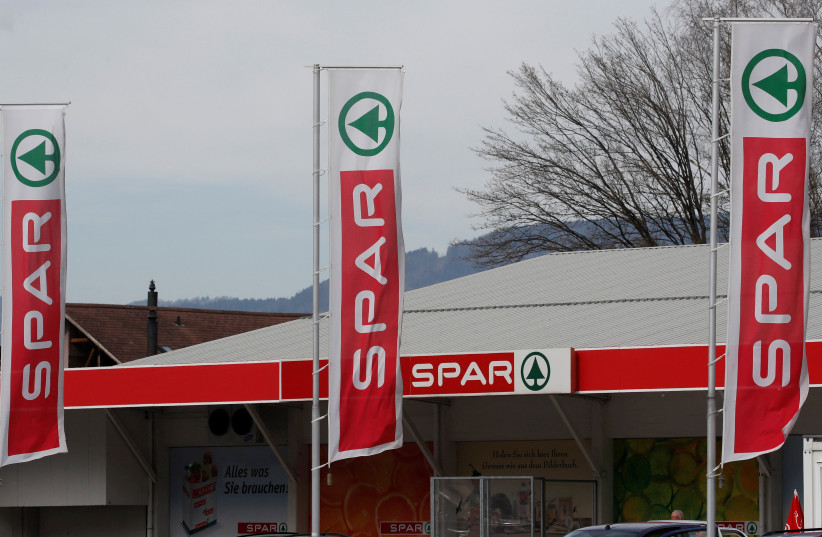Israel’s largest supermarket chain, Shufersal, said on Thursday it had canceled a deal with SPAR to set up a network of the Dutch food retail chain’s stores in Israel, citing regulatory restrictions.
Under the deal agreed last December and signed in March, Shufersal would invest tens of millions of shekels to open at least 10 SPAR branches over the next three years, while SPAR products would be sold exclusively in other Shufersal-run stores.
The deal would've boosted competition during a period of rising inflation
Shufersal CEO Ori Waterman said that the deal would have boosted competition during a period of rising inflation as it would have allowed the Israeli group to import 10,000 discounted products, but market conditions and regulations now made the deal difficult.
“Due to changing market conditions and regulatory trends, and in accordance with the estimates we made during the period from the signing of the agreement until receiving the conditional approval from the competition authority recently, the company decided not to complete the deal,” Waterman said in a statement on Thursday.

It did not give details of the limitations imposed by the competition regulator.
“Shufersal knew about the conditions from the beginning and was in dialogue with the authority,” a spokeswoman for the Competition Authority said.
Shufersal was slated to own 19.9% of the new entity, with businessman Amit Zeev – who most recently was chief executive of Shufersal’s smaller rival, Yeinot Bitan – holding 80.1%. SPAR has 13,600 stores in 48 countries.
For its part, Yeinot Bitan transformed some of its stores this year into Carrefour stores under a franchise agreement with the French retailer and many of its own branded products are far less expensive than local alternatives.
Waterman said Shufersal would continue to expand its own private-label brand as a way to combat the high cost of living
